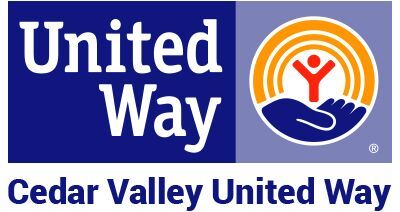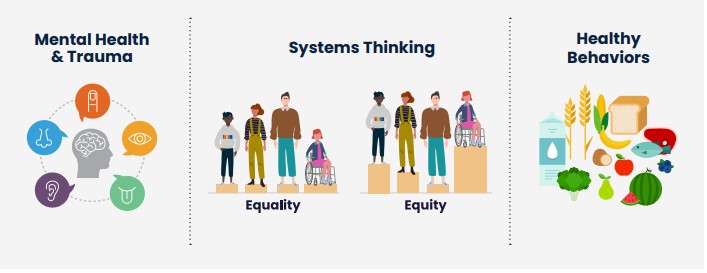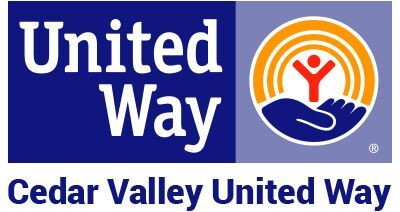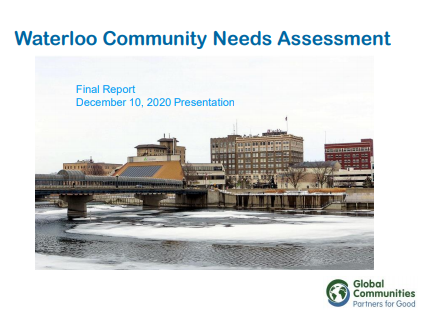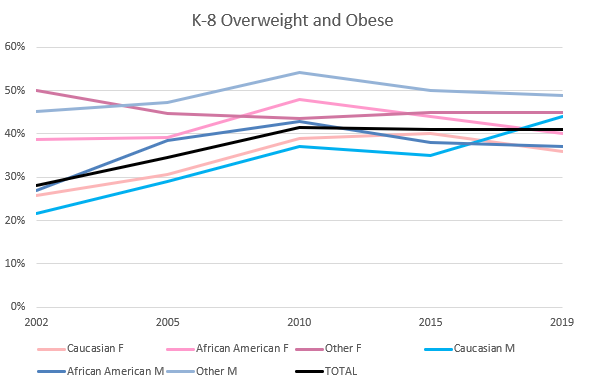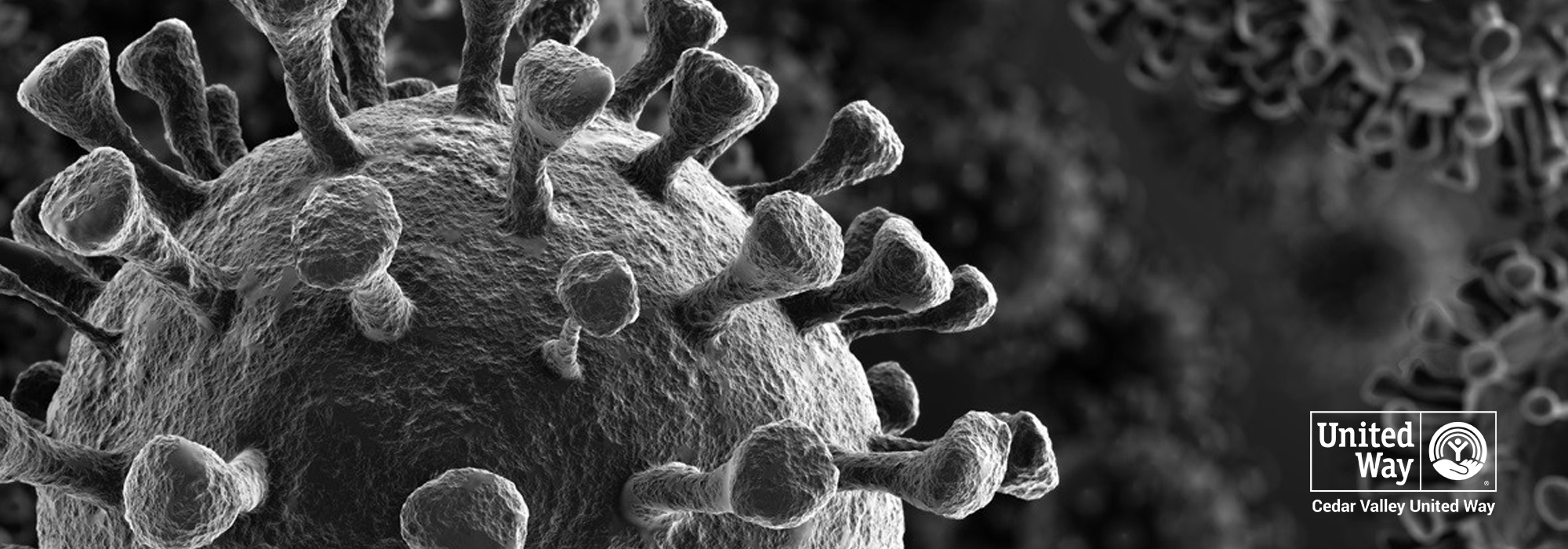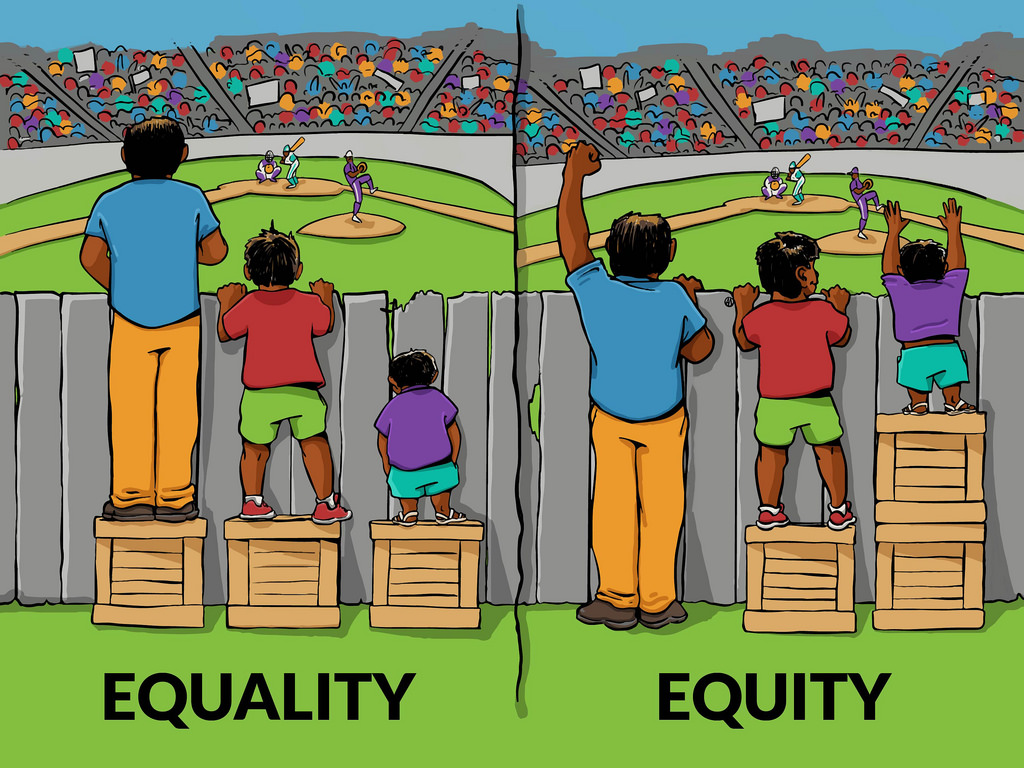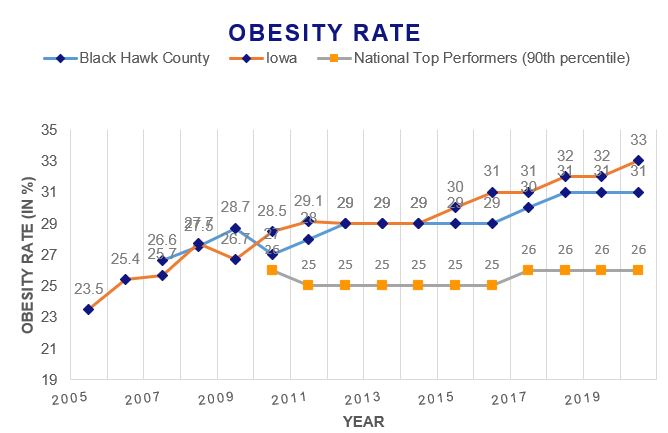|
Emerging Issues Uncovered by Community Health Needs Assessment
Covid-19 has brought national attention to equity issues across the American healthcare system, and once the crisis is over we'll take a hard look at what we've learned about the Cedar Valley. In the meantime, the Community Health Needs Assessment had already uncovered a couple of emerging issues that we can start to address now.
Equity in Health Concerns and Outcomes
Although there was agreement across all segments of the community that our three biggest health concerns involve obesity, diabetes, and mental health, priorities varied across different groups. Lower income families were far more concerned about obesity than higher income families. White respondents most often named obesity as a concern, while cancer and high blood pressure were more often named by non-white respondents. Those with higher education levels expressed more concerns about obesity and mental health than respondents with lower levels of education, who were more likely to mention cancer.
Similarly, the outcomes data showed differences across ethnic groups. Black Hawk County's overall obesity rates seem to have leveled off -- despite a continued rise across the state -- but the youth data suggests rates are decreasing in the white population but not for Black, Latino, or other non-white groups. Likewise, we can be pleased with our continuing successes to reduce the numbers of low-birth weight babies, but the babies born to white mothers in Black Hawk County are still far more likely born at a healthy weight than those born to mothers of color.
Environmental Factors in Community Health
Our Black and Hispanic communities ranked affordable housing as a major contributor to good health, while white respondents were far more likely to name nutritious foods. We need to collect more data about these concerns within the Cedar Valley, but national research reported by the Robert Woods Foundation has shown that a variety of health conditions including asthma, cognitive disabilities, cardiovascular disease, and infectious diseases can be attributed to substandard housing.
Ensuring that people have access to good health care remains an important part of maintaining a healthy Cedar Valley, but we know that efforts to prevent poor health outcomes can be just as important. It could be that safe and healthy housing needs to join nutritious food availability, cancer screenings, and prenatal care on the list of important community health programs.
|
|
Leveraging Small Changes
Last year's collaboration to gather health data gave us a more complete picture of the community's needs, but the next steps promise even more exciting results. The team stayed together throughout the data analysis efforts, sharing results and discussing ways the partners might collaborate on shared goals. As action plans take shape, the group has decided to remain connected as a Mobilizing for Action through Planning and Partnerships (MAPP) team. The MAPP framework, developed by a national association of public health professionals, is an interactive strategic planning process that helps communities improve the efficiency, effectiveness, and performance of their public health systems.
Black Hawk County's Public Health Director, Dr.Nafissa Cisse Egbuonye, described the MAPP team as "looking for places where small changes bring large impact." She points out that "any system is perfectly designed to reproduce itself," and health problems can be hard to solve when they are somehow encouraged by the community's system --- that complex relationship of values, knowledge, and interactions that we call a community's culture, norms, and habits. Good data helps to locate the critical points where a tiny change can influence the entire system.
Data Left Behind
What happens when data isn't newsworthy? Last year, we learned that the Campaign for Grade-Level Reading initiative teamed up with Vision To Learn and nearly 800 students in Highland, Irving, Lincoln, Lowell and Cunningham elementary schools received free vision screenings. A total of 331 parents approved their children for this study, and of those, 249 received free glasses. At the end of the study, a statistical analysis of students' FAST scores before and after receiving glasses showed that having received glasses improved students' chances of improved scores. (Brad McCalla, SuccessLink)
This is obviously good news, but data that supports an intuitive assumption doesn't get a lot of attention. This little fact sat in the files until the year-end closet-cleaning. Yes, it's always nice to see data backup up our assumptions, but not exactly newsworthy. Or is it? Okay, it's probably not exciting enough for KWWL to run a feature story, but that doesn't mean this bit of data is not vitally important. Any school or educational non-profit seeking funds for a similar program desperately needs data like this to prove that funding can make a difference. Without a way to share results, we are starting over from scratch with every good idea. A community effort to share data means we all get more done with our limited resources.
Share your data! If you're not already involved in a data sharing partnership, email us at CVUWDatatTeam@gmail.com to find out how to join the community effort.
Join the Data Sharing Community!
You are receiving this newsletter because you are involved with an organization that has data, that uses data, and that needs good data to do good things for the Cedar Valley. That means you can help the Cedar Valley by joining the effort to build an effective data network. A sophisticated community data hub or dashboard takes time and effort, but there are three things you can do right now:
- Get your own organization connected. If you're involved in healthcare, your organization probably has already gotten involved with the MAPP project. Mental health providers are pulling together as the Cedar Valley Mental Health Planning Coalition. Education and youth services share data through SuccessLink. Organizations using economic data have no formal data team, working instead across a number of interrelated partnerships.
- Share your knowledge. Our own data might seem limited, but when we all share the little bits we know, the larger patterns start to appear and everyone benefits from increased knowledge. Collective efforts to gather and analyze data also reduce costs and increase accuracy.
- Share this newsletter! Sophisticated community data use starts with learning from each other. We all become better data users by learning what data others are using and how they interpret it. Staying aware of others' concerns creates the ability to understand -- and ultimately solve -- problems at a community level. Pass this newsletter along to a colleague!
Data Resources
If you're looking for statistics on any aspect of Cedar Valley health outcomes, click on these reports as a great place to start.
Share the resources!! The CVUW Data Team can help you identify resources to answer your question or introduce you to organizations that need your expertise.
Data Needs
Each semester, the United Way Data Team recruits up to three interns from UNI. Their majors range from social work to computer science to economics, but all have an interest in using data to make a difference. We could use data professionals to supervise projects, guiding these students as they apply their data analytics skills for community improvement.
Locating those missing and ignored but vitally important sources of community data continues to be a Data Team objective. The next steps involve building and maintaining the community's data sharing tools. We could use a variety of IT and communication professionals for this complex project.
Email us at CVUWDatatTeam@gmail.com if you'd like to contribute your expertise.
|




